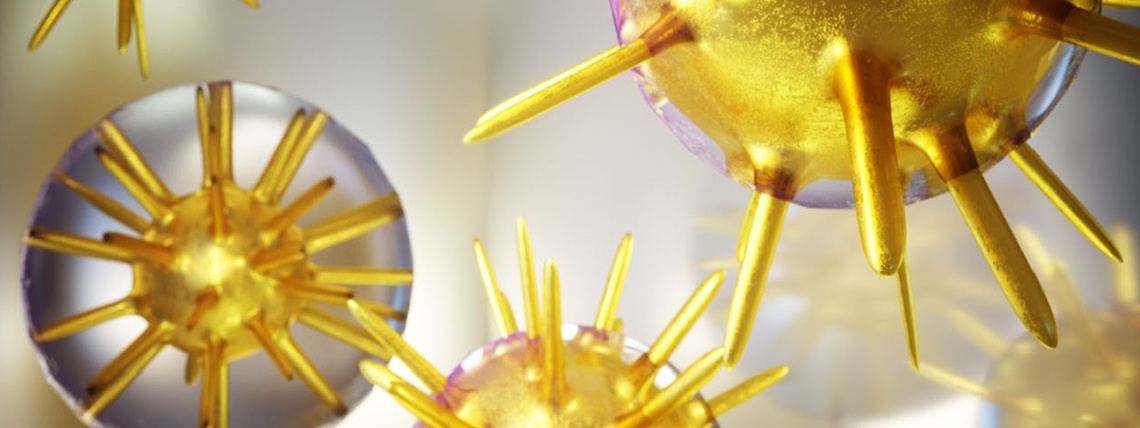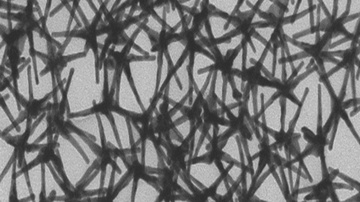The articles of the current edition are available on the new site.

Liquid biopsy, the detection of circulating disease biomarkers in bodily fluids such as blood, is a non-invasive method, alternative to tissue removal, which has taken important strides toward the implementation of personalized medicine, especially in the case of tumors and RNA-viruses. However, the method still suffers from low sensitivity and is highly expensive, which renders its clinical implementation not practical or affordable.
The aim of ANFIBIO (AmplificatioN Free Identification of cancer and viral biomarkers via plasmonic nanoparticles and liquid BIOpsy) – a project coordinated by professor Laura Fabris of the Department of applied science and technology at the Politecnico di Torino - is to make this method more precise and less expensive, through the use of gold nanoparticles with intrinsic amplification capability for surface enhanced Raman spectroscopy.

The technique is based on the enhancement of the Raman scattering, that is the inelastic scattering of photons by a matter sample, which gives information about the chemical composition and molecular structure of the analyte. Besides the development of plasmonic (i.e., resonating to illumination with visible and near infrared light, thanks to the collective oscillations of the electron plasma - plasmons) gold and star-shaped nanoparticles, ANFIBIO will use Artificial Intelligence techniques to make the electromagnetic spectrum analysis faster and more precise. Practically, the central idea of the project is to develop new DNA and RNA reading technologies through the interpretation of SERS spectra for small sequences of nucleobases (i.e., “genetic letters”), which can then be leveraged to read longer “genetic words”, and thus used to interpret and decode real data.
The project will use prostate cancer DNA and influenza A viral RNA in blood, urine, and saliva as case studies. The result will be a “package” of advanced sensors and technologies to detect and quantify tumor and viral biomarkers in bodily fluids.
ANFIBIO will develop technological approaches with a wider impact on the biomedical sector. Indeed, the achieved results and the methods implemented in the project will be applied to other tumors and other virus using RNA as genetic material, such as SARS-CoV-2, the COVID-19 virus.